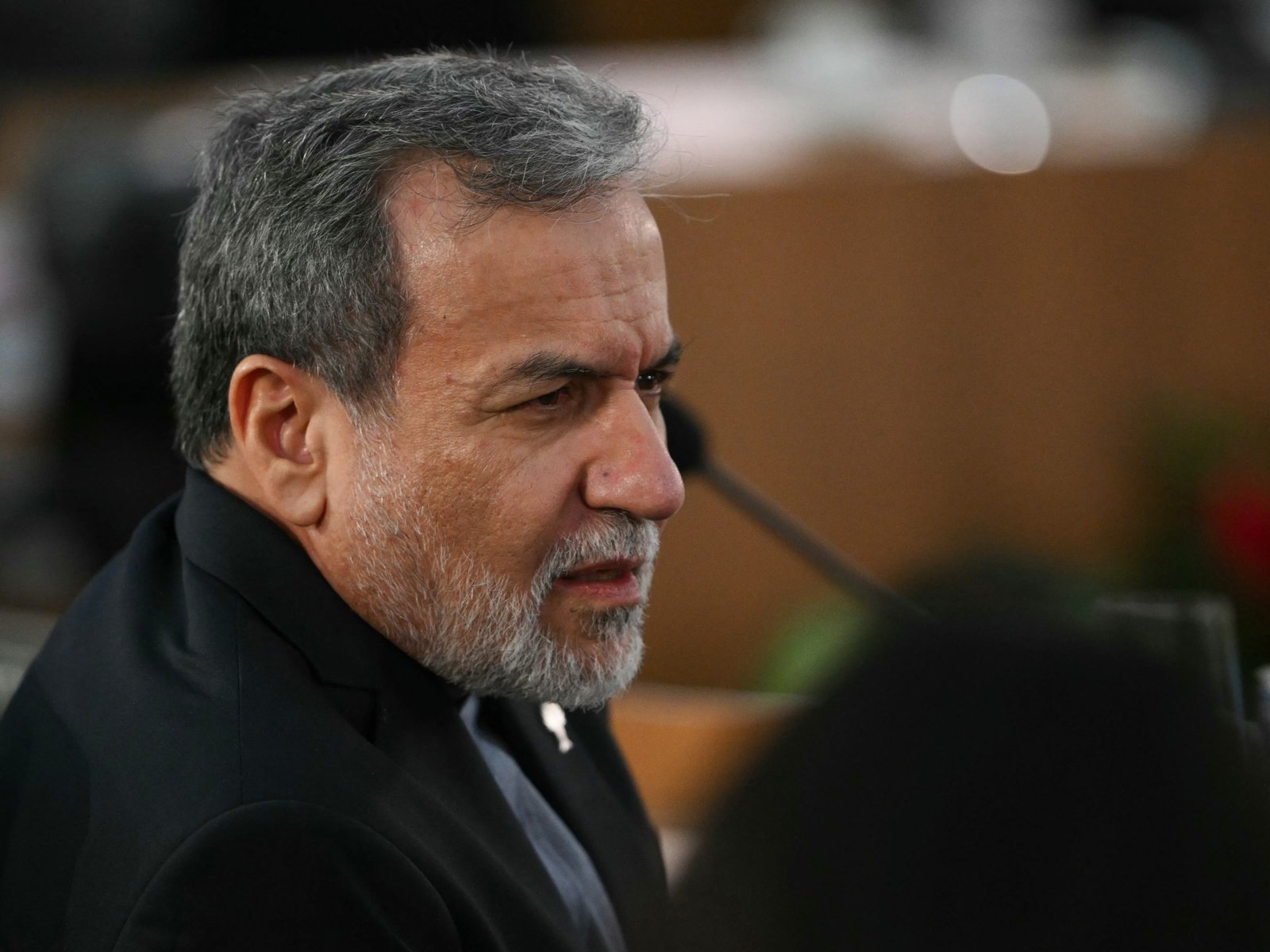Iran’s Stance on Nuclear Talks Amid Rising Tensions
Iranian Foreign Minister Abbas Araghchi has expressed concerns that a swift reimposition of United Nations sanctions could spell the end of Europe’s influence in dialogues surrounding Iran’s nuclear program. This warning comes as Tehran reflects on potential negotiations with the United States regarding its nuclear activities, explicitly excluding military capabilities from the discussions.
The backdrop of these developments includes a contentious history marked by the 2015 Joint Comprehensive Plan of Action (JCPOA), which was dismantled by former President Donald Trump in 2018. Araghchi emphasized that if negotiations proceed, they will be strictly confined to the nuclear issue and aimed at reinstating confidence in Iran’s nuclear program, all in exchange for the easing of sanctions.
In recent events, Israel launched extensive strikes against various locations presumed to be linked to Iran’s nuclear ambitions, an action Israeli Prime Minister Benjamin Netanyahu justified as essential for national security. Iran condemned this aggression as a violation of international law, invoking a cycle of retaliation that escalated tensions. The U.S. consequently backed Israel with military support targeting critical nuclear facilities within Iran.
In the aftermath of this 12-day conflict, Iran announced a suspension of its collaboration with the International Atomic Energy Agency (IAEA), citing deep-seated distrust. Araghchi noted that while cooperation has been altered, it has not ceased entirely, hinting at a potential restructuring under newly enacted legislation requiring Supreme National Council approval for any future IAEA inspections.
President Masoud Pezeshkian underscored that for cooperation with the IAEA to resume, the agency must abandon perceived biases, warning that any renewed aggression against Iran would provoke a strong response. As the situation evolves, the intricate dynamics of the Iran-U.S. relations remain pivotal in the broader geopolitical landscape of 2025.

